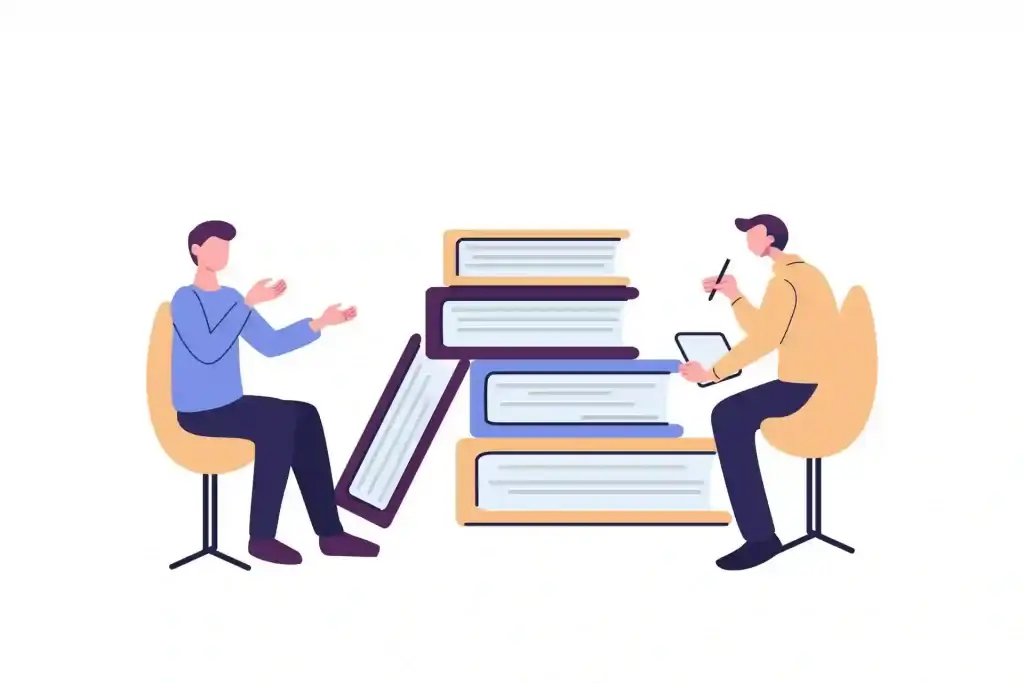Year on year, we’re seeing an increase in the number of people experiencing mental health difficulties, meaning that in any given year, 1 in 4 adults in the UK will experience at least one diagnosable mental health problem. Mental health difficulties have become the largest single cause of disability. Which means NHS waiting lists are getting longer and more and more people are suffering.
Among the most common conditions are stress, anxiety and depression and these are all difficulties which can be treated effectively using CBT.

CBT, short for Cognitive Behavioural Therapy, works on the principal that our thoughts (or cognitions) affect the way that we feel and the things that we do.
At Clear Mind CBT, we aim to help you develop a different way of thinking which has a positive effect on both emotions and responses, which in turn will help you to overcome your difficulties and live a happier, more fulfilled life.
We will help you to understand what drives unhelpful behaviours and guide you to develop more productive ways of facing challenges.
CBT is different from traditional counselling in that it is far more structured and solution focused.
CBT works on the here and now, rather than talking over the past and relies on a collaborative working relationship between therapist and client.
CBT is an evidence-based form of therapy, which means it has been proven to be effective in treating a wide range of mental health difficulties including depression, PTSD, insomnia and anxiety disorders such as social anxiety, health anxiety, panic disorder, OCD and phobias.
CBT has also been found to be effective in reducing the symptoms and suffering caused by chronic fatigue and long-term pain.
CBT is a short-term form of therapy so on average, a client will have around 8-12 sessions, although many people notice significant improvement from far fewer sessions.
In a typical session, your therapist will help you to identify unhelpful thoughts and behaviours and the impact they have on emotions and the body.
We will look at what maintains these unhelpful thoughts and behaviours and then introduce techniques to enable you to make changes in these areas which in turn have a significant positive impact on how you’re feeling.
Tasks will be set to be completed between sessions which will help the individual to action techniques discussed in session and further enhance their progress.
Typical techniques used in CBT include:
Cognitive restructuring
Challenging negative or unhelpful thoughts and replacing them with more balanced thinking styles.
Behavioural experiments
Identifying assumptions that drive avoidance or other unhelpful coping strategies, and testing those assumptions through behavioural change.
Exposure and habituation
Gradually building tolerance to a feared situation or stimuli and developing skills to work through the fear, thereby reducing the need for avoidance.
CBT is recommended by the NHS and NICE because it’s the most effective form of treatment for the most common mental health problems.
When delivered by a trained therapist, CBT is as effective as medication in treating depression and even more effective when treating anxiety disorders.
The best way to find a therapist, trained to postgraduate level and accredited by the British Association of Behavioural and Cognitive Psychotherapies (BABCP) is through their register.
All our therapists at Clear Mind CBT are accredited with the BABCP and experienced in effectively treating depression and anxiety. Individual areas of expertise can be found on our therapist profiles via the link below.
See the therapist profile page for our range of specialties. Alternatively, send us a message via our contact form to see how we can help.
See Specialties